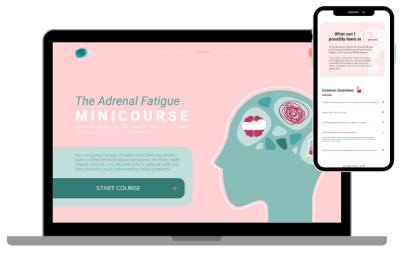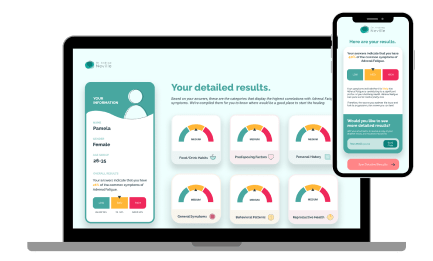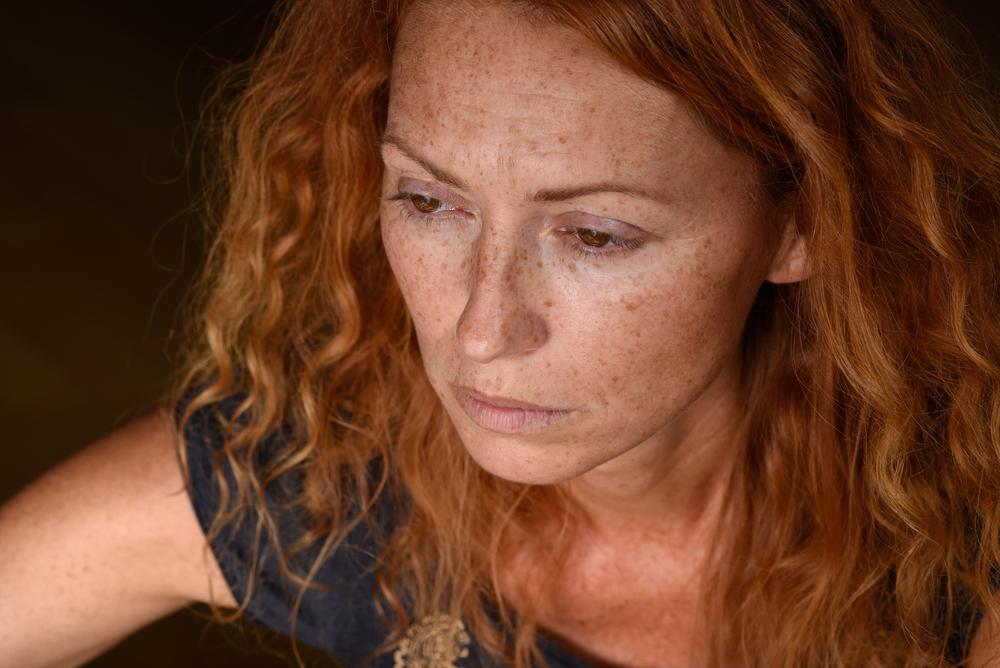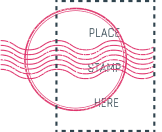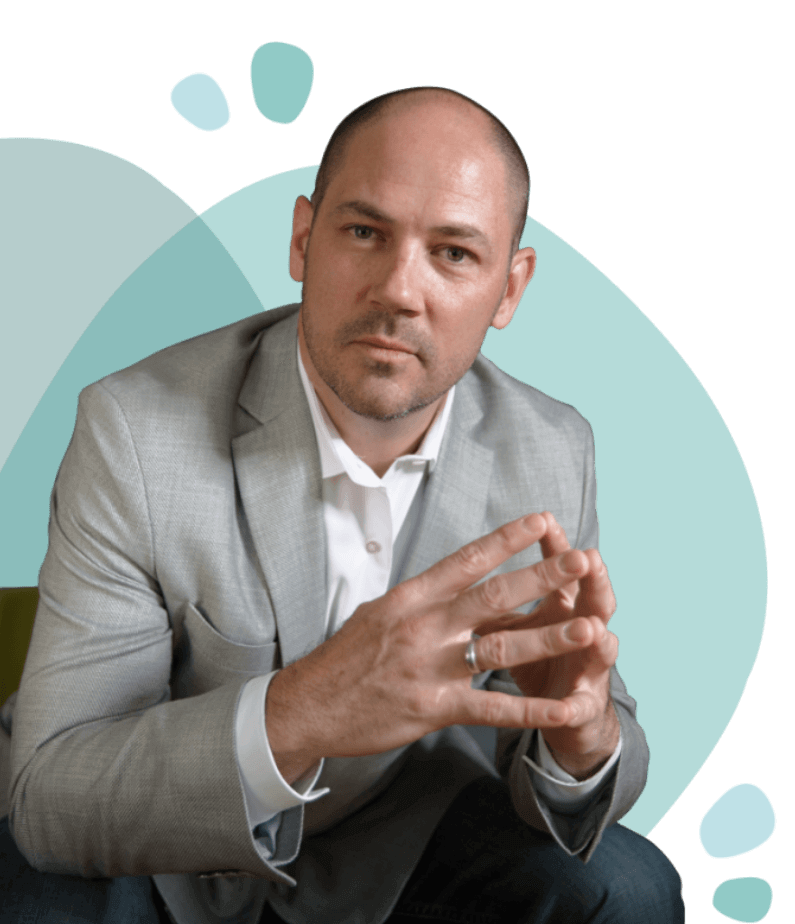The stages of Adrenal Fatigue correlate to those initially set forth by a pioneer in this research, Hans Selye.
Selye’s work is not perfect by any means, and some have challenged his theories and postulates of what he called the “General Adaptation Syndrome.”
But Selye’s general concept that there are three stages to Adrenal Fatigue—Alarm, Resistance, and Exhaustion—applies to this day. His work ignited the drive for the incredible volume of stress and adrenal research available to us now.
The Early, Middle, and Late Stages of Adrenal Fatigue
For this article, I’ll call these stages Early, Middle, and Late.
Each of these stages is clinically significant and carries its own set of symptoms. Each will yield substantial dysfunction.
In other words, caution to those who think that if they are in the Early stage. “Early” may sound like this will be easy, or they shouldn’t feel so bad. Also, I caution those in the Late stage not to be discouraged; they can heal.
Progress and Setbacks from Stage to Stage
I have seen patients who had moved from the Late stage to the Early stage in just six months. I have had others who have remained in the Early stage for a long time while they made incremental improvements over a year or two.
No matter what stage you’re in, healing from Adrenal Fatigue is nonlinear.
Everyone is different. Your results aren’t “good” or “bad.” The stage of your illness gives us information to target your treatment.
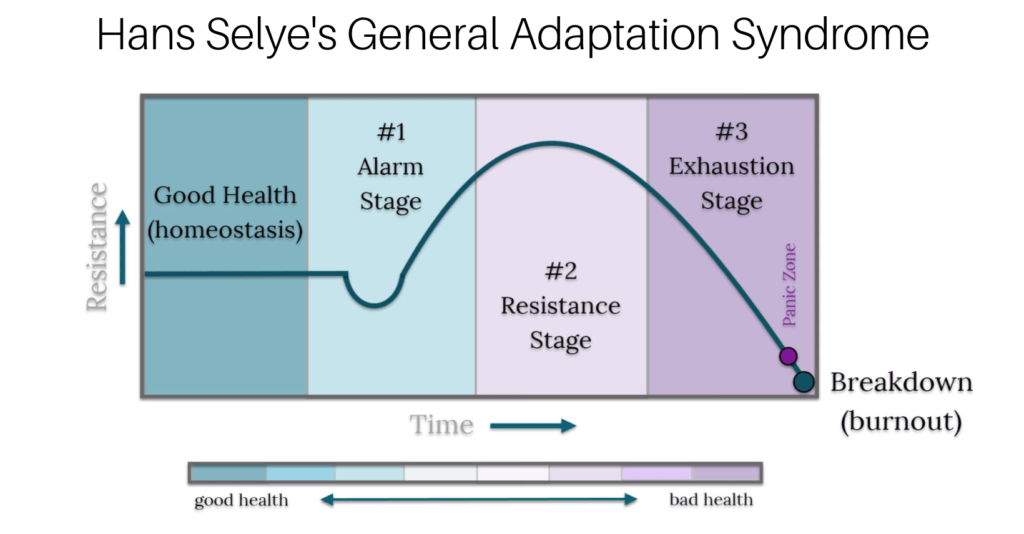
Early Stage: Tell-Tale Elevated Cortisol
Symptoms in the Early stage are typically hallmarked by anxiety, nervousness, panic attacks, insomnia, and a feeling of being “wired.”
Elevated cortisol levels hallmark the Early stage. Another indicator of how quickly you advance through the Early stage is whether the hormone DHEA is high, normal, or low.
Being in the Early stage means that your body is in an active stress response, whether the stress is apparent or residual. With chronic stress over time, your body can get stuck in a stress response, even once the stress is removed. The patterning is called Central Sensitization.
Symptoms in the Early stage are typically hallmarked by anxiety, nervousness, and insomnia
While you can roughly correlate cortisol values to how much energy you have, this is not a perfect correlation, especially in this Early stage.
The most straightforward explanation is that if you consider yourself running from a tiger in the wild—constantly—you’d end up exhausted. Simply put, it is incredibly depleting to the body to be stuck in a stress response. It will lead to the fatigue and weakness we often see in this phase.
However, many will also feel fatigued because of the depletion of nutrients and energy from “running from tigers” constantly.


When Most People Finally Seek Help for Adrenal Fatigue
The Middle stage is the most common phase for me to see patients with Adrenal Fatigue. It’s when most people finally decide they must get help.
In this stage, you have likely burned through your hormone DHEA, which has been trying for too long to “clean up” after the excess cortisol. Eventually, the DHEA drops, while the cortisol remains high-normal to normal.
Vertically ill refers to pushing ourselves such that to look at us, we don’t look sick.
Cortisol is a life-saving hormone, and we need cortisol to live. DHEA, however, is mainly important for us to live well.
I used to refer to those in this stage as the “vertically ill.” (I should say those of us because this is the stage I was in when I finally discovered my own issues.)
Vertically ill refers to pushing ourselves such that to look at us, we don’t look sick. No one near us knows how much we’re pushing ourselves. But we are faking it, struggling, and often falling apart on the inside. Since many of us are Type-A personalities, we also like to hide the “crash” after pushing ourselves too hard for too long.
The symptoms during the Middle stage can run the gamut from anxiety, wiredness, and insomnia to depression, fatigue, and weight gain. You can likely function, but not well. And you’ll soon give up non-prioritized activities if you haven’t already.
Late Stage: Bottomed-Out Hormone Levels
The Late stage of Adrenal Fatigue is also typical in my patients. It may sound scarier than being in the other stages, but people who land in this stage can still heal.
I have seen patients with bottomed-out hormone levels return to normal over time. They get their lives back. It takes patience and a bit more time.
Patients in the Late stage are more fatigued and weaker than those in the other stages. Typically, their functional capacity is more limited. They can barely push through activities of daily living at this point. Some are bed-bound.
Patients in the Late stage can barely push through activities of daily living.
The symptoms during the Late stage are primarily fatigue and weakness, but also pain and post-exertional malaise (feeling sick and worse after exertion and needing rest after activity).
Patients in the Late stage can still have some the “overstimulated” symptoms associated with the earlier stages, such as anxiety, wiredness, and insomnia.
How Do You Know You’re Healing from Adrenal Fatigue?
None of these stages is hopeless. Everyone can recover. It may take three months, or it may take a couple of years. Getting back to “normal” can happen. With time and patience, they will live in a manner close to the life they knew before symptoms began to impact their lives.
One of my patients’ most common questions is, “How do I know I’m healing?”
No matter what stage you’re in, healing from Adrenal Fatigue is nonlinear.
During recovery, symptoms come and go as we heal the root cause of their existence: Adrenal Fatigue, a dysfunction of our stress response system.
Over time, symptoms incrementally decrease in frequency, duration, and intensity. There are ups and downs, and there may be setbacks. But that’s okay. You will get better.



